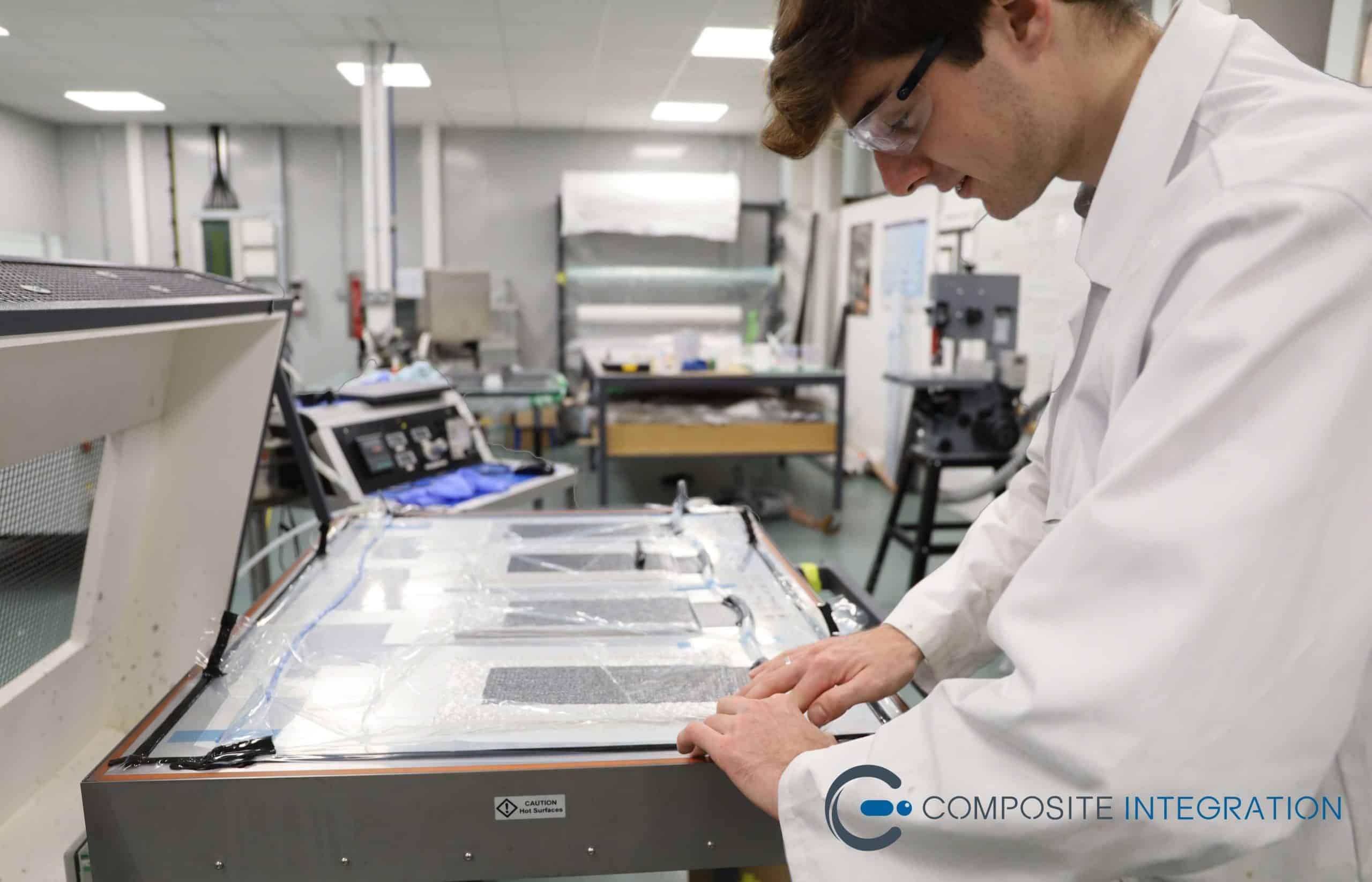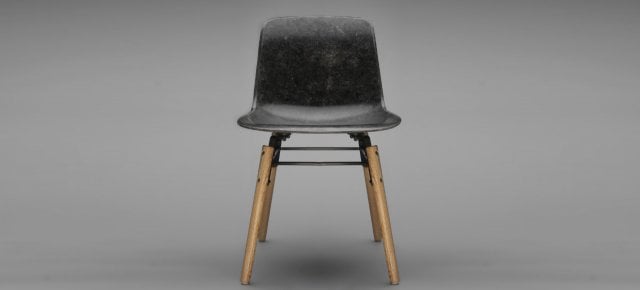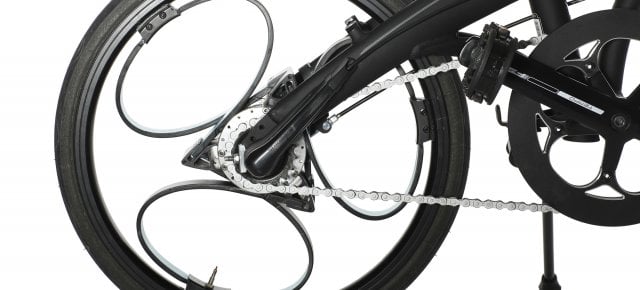
As part of Composite Integration’s long-term Research and Technology strategy, particular focus is being placed on understanding materials which can reduce the environmental impact of composite structures and components.
The challenges of recycling traditional glass/carbon polyester/epoxy composites are well known. The need exists to understand the processing requirements for a much wider range of fibre and resin systems, not only to ensure that Ciject equipment is capable of processing them, but also to understand the processing parameters to mould components successfully.
As part of its internal ‘Clean Composites’ strategy, Composite Integration is evaluating a range of natural/renewable/recyclable fibre and resin systems to ensure that it can provide comprehensive processing guidance to clients and partners.
To support this work, Composite Integration is working with the School of Engineering at the University of Plymouth, an institution with a long pedigree of both research and undergraduate teaching in the field of composite materials.
Placement Engineer, Joe Searle is currently carrying out both detailed research into available materials as well as practical processing evaluation trials.
Joe comments:
"The project focuses on identifying how we can produce high quality ‘clean’ composites. The project has looked at the effect of pre-processing and post-processing techniques on a wide variety of low carbon materials. Composite Integration has given me an opportunity to build my dissertation. Being able to use the experience and knowledge of the team at Composite Integration made researching the project significantly simpler."
While the whole challenge of moving to a carbon neutral manufacturing environment is a complex one, it is clear that many small steps can be made to move in the right direction. By understanding how to work with lower impact materials through the ‘Clean Composites’ strategy, Composite Integration aims to progress steadily toward this goal.



